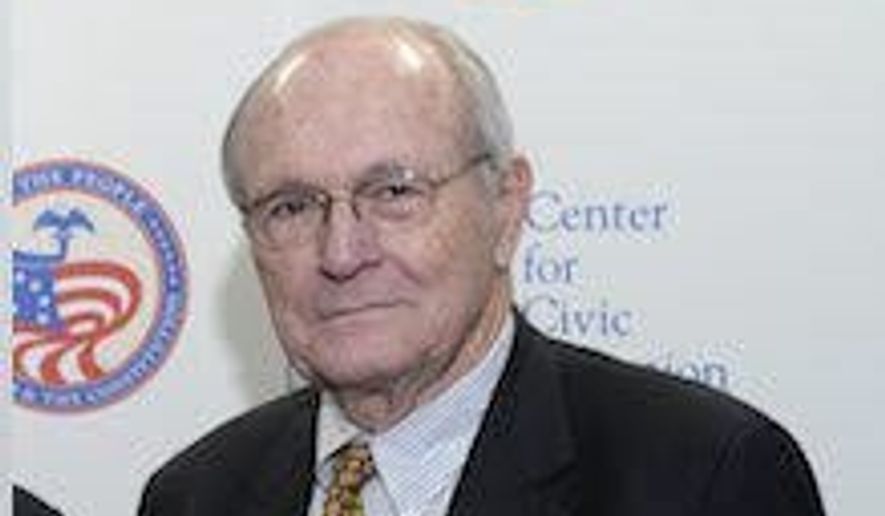Why should freedom of expression be taught?
Adolf Hitler, leader of the Nazi Party, took power in 1933 when he became chancellor of the German government. His death in 1945 marked the end of his absolute rule as dictator of the German people. He precipitated one of the most catastrophic periods in human history, in which millions of people died not only on the battlefield, but also in his attempt to eliminate all of the Jews in Europe, as well as homosexuals, gypsies, and the mentally ill and handicapped, who were considered “needless eaters.” He began the first year of his reign by eliminating the political opposition. An early step he took to attain this goal was to eliminate all of the protections for freedom of expression and due process of law in the German constitution.
The following decree was issued by the Reich president in 1933:
Articles 114, 115, 117, 118, 123, 124, and 153 of the Constitution of the German Reich are suspended until further notice. Thus, restrictions on personal liberty; on the right of free expression of opinion, including freedom of the press; on the right of assembly and the right of association; and violations of the privacy of postal, telegraphic and telephonic communications — and warrants for house searches, orders for confiscations, as well as restrictions on property — are also permissible beyond the legal limits otherwise prescribed.
This elimination of fundamental constitutional rights was followed almost immediately by the imprisonment in concentration camps of Germans who opposed Hitler and the Nazi Party. Martin Niemller was a pastor in the German Evangelical (Lutheran) Church, an early supporter of Hitler who later turned against him. He was imprisoned in German concentration camps, including Dachau, from 1936 to 1945, when he was freed by Allied forces. He said:
In Germany, they first came for the Communists, and I did not speak up, because I was not a Communist. Then they came for the Jews, and I did not speak up, because I was not a Jew. Then they came for the trade unionists, and I did not speak up, because I was not a trade unionist. Then they came for the Catholics, and I did not speak up, because I was a Protestant. Then they came for me and by that time, no one was left to speak up.
This tragic episode in history is not the only time those in power have tried to suppress freedom of expression by people critical of their rule. It happened in our country shortly after it began when Congress passed the four Alien and Sedition Acts, which were signed into law by Federalist President John Adams. They made it more difficult for immigrants to become citizens, gave the president the power to imprison noncitizens who he thought might be dangerous or were from a hostile nation, and they made it a crime to make “false” statements critical of the federal government. Among other things, the Acts were intended to suppress the right to freedom of expression of the opposing Democratic-Republican Party formed by Thomas Jefferson and James Madison.
Imagine a charismatic leader in power in America acting to suspend or erode our Constitution’s protections of our freedom of expression, our due process protections from unreasonable and unfair searches and seizures by government, and our right to the equal protection of the laws regardless of the groups to which we might belong. Could it happen here? How strong are our political institutions? How deeply ingrained among us is an understanding of and a commitment to the fundamental principles and values of the Declaration of Independence and the Constitution and its amendments. To what extent do liberty and equality lie in the hearts and minds of the American people and their elected representatives as a bulwark against the suppression of their liberties and denial of the ideal that “all men are created equal”?
How should freedom of expression be taught?
The American philosopher George Santayana once wrote, “Those who cannot remember the past are condemned to repeat it.”
Unfortunately, too many Americans not only don’t remember the past, they are not aware of it. They are not well versed in American history or the evolution of the American political system and its European antecedents. Lessons like those of Nazi Germany rarely come to mind when issues of freedom of expression, its proper scope and limits and threats to it arise. So a knowledge of the history and centrality of freedom of expression to a free society, at least in western civilization, is an essential foundation for becoming an informed citizen in the United States.
This historical understanding should be accompanied by a conceptual understanding derived from philosophy and jurisprudence. For example, the justifications for widespread freedom of expression from John Stuart Mill’s “On Liberty” and other outstanding sources of political thought undergirding American constitutional democracy should be familiar to American students. This knowledge should be accompanied by an examination of the proper scope and limits of freedom of expression derived at least in part from an examination of landmark Supreme Court decisions on the topic. All inquiry should take place in the light of free and open discussion and debate in which a wide range of reasonable differences of position and opinion are encouraged and respected.
The burden of responsibility for the enlightening of our young people regarding the precious rights to freedom of expression they have inherited — and a disposition to cherish them, exercise them competently and responsibly, and protect them — lies with the dedicated teachers of our school systems, many of whom are carrying out this responsibility daily in their classroom using the We the People Programs of the Center for Civic Education and those of other outstanding contributors to the field.
• Charles N. Quigley is Executive Director of the Center for Civic Education.




Please read our comment policy before commenting.